We are pleased to welcome applications for our latest PhD opportunity, on the epidemiology and vector biology of arboviruses in Kenya
This PhD opportunity will be based at the Institute of Infection and Global Health, University of Liverpool, in conjunction with the School of Biological and Biomedical Sciences, University of Durham. This is a four-year integrated training programme (one-year flexible training year followed by a three-year PhD), and we expect it to be particularly suitable to recent or soon to be first time graduates interested in a career in research. Details of the programme structure can be found here. During the PhD years (years 2-4), significant periods of time (approx. 30-50%) will be spent in the field in Kenya.
Usual BBSRC conditions apply to this studentship, which is restricted to UK home/EU applicants only.
Closing date for applications: 28 February 2015
Background
The project will investigate the natural history of arboviruses in humans, animal reservoirs and mosquito vectors in Kenya, which is endemic for several viruses of medical and veterinary importance. The project will be a multidisciplinary programme in both epidemiology and entomology, comprising a mixture of fieldwork, laboratory work and epidemiological analysis. The primary viruses of interest are Rift Valley Fever Virus (RVFV) and West Nile Virus (WNV), both zoonotic. RVFV has a domestic livestock reservoir, and WNV a reservoir in a variety of bird species. Previous work has focussed in semi-arid parts of the country, neglecting the wetter, tropical areas (around Lake Victoria). The hypothesis is that transmission also occurs in these zones. The study will capitalise on a large-scale field activity (funded by the BBSRC) in western Kenya, and will enjoy the support of collaboration with a number of local institutions, namely the International Livestock Research Institute, which, with the University of Liverpool, operates a field laboratory in the study site.
Aim 1: Biology of Culex mosquitoes in the Lake Victoria ecosystem.Mosquito trapping techniques will be learnt and applied to quantify the distribution, biting behaviour and abundance of Culex mosquitoes in the study area. This will include training in entomology techniques, morphological and molecular identification. Blood meal analysis will be undertaken to understand the range of host species.
Aim 2: Prevalence of RVFV and WNV in Culex mosquitoes.
A viral sequencing-based approach will be used to detect both viruses in pools of collected mosquitoes. This will include training in preparing material for sequencing and the analysis of sequence data.
Aim 3: Prevalence of exposure to RVFV and WNF in the human population.
On-going studies of infection in the human population in the study site (funded by the BBSRC) will collect serum from a large number of febrile patients in treatment centres; this material will be available for serological screening for RVFV and WNV to make estimates to human exposure and disease burden.
Aim 4: Prevalence in animal reservoirs and modelling transmission.
As in 3, above, studies will be on-going in the domestic livestock population allowing for screening for RVFV. In addition, targeted sampling of certain wild animal populations will be undertaken, with the aim of detecting WNV in those species. Together with the data collected in 1-3, above, this will allow for building epidemiological models of transmission of these viruses in this ecosystem.
Several elements will make this an exciting PhD programme. Firstly, experience in carrying out high quality tropical field research will be integral to the programme. Secondly, the PhD will provide training in medical and veterinary entomology. Third, it will provide opportunities to link entomology to studies of disease epidemiology, and cutting edge sequencing approaches to the study of pathogens. Finally, this will all take place within a highly interdisciplinary team of medical, veterinary, biological and social science expertise, in a large programme with partners from government and policy institutions.
The supervisory team includes Prof Eric Fèvre and Prof Matthew Baylis (Institute of Infection and Global Health, Liverpool) and Prof Steve Lindsay (University of Durham). It is funded by the Newcastle-Liverpool-Durham BBSRC Doctoral Training Partnership (DTP). The procedure for application is highly competitive and will involve the following steps:
1) Closing date: 28 February 2015; procedure for application: please submit one pdf document including a covering/motivation letter and full CV to Professor Eric Fèvre
2) Selection of appropriate applicants by the supervisory team
3) Interview in Liverpool (mid-late March 2015), selection of most competitive candidate(s)
4) Final selection of candidates by the DTP selection committee in a cross-DTP competition
5) Expected start date Sept/Oct 2015.
Usual BBSRC conditions apply to this studentship, which is restricted to UK home/EU applicants only.
This PhD position is also advertised on FindaPhD.com
The Zoonotic and Emerging Disease group studies a range of epidemiological issues revolving around the domestic livestock, wildlife and human interface



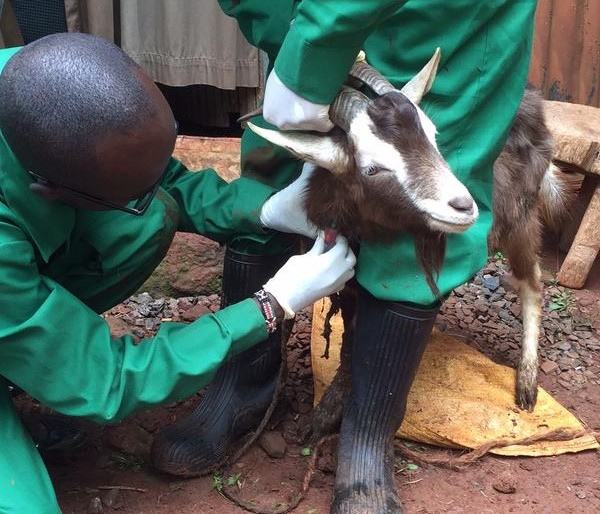

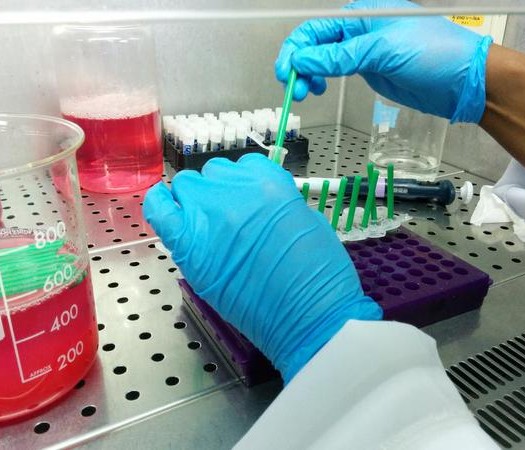
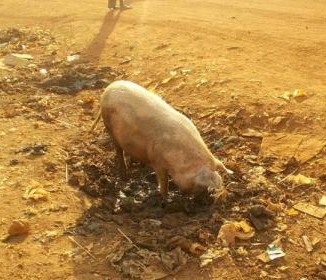
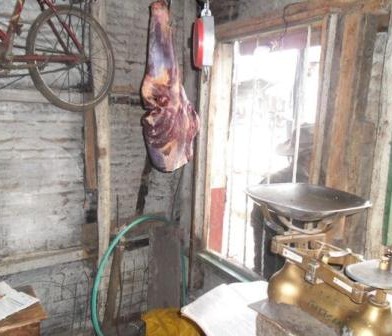
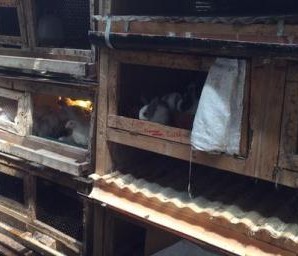
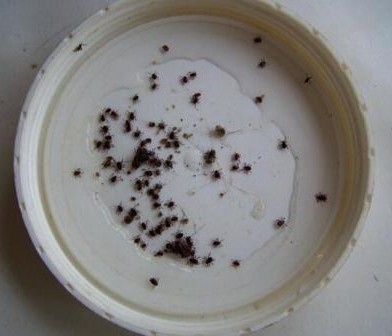
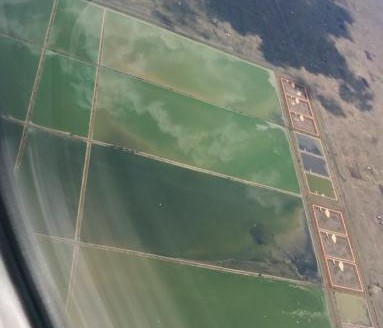

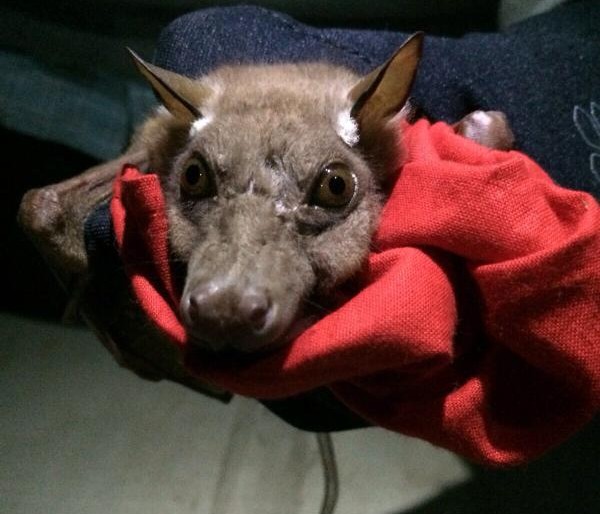

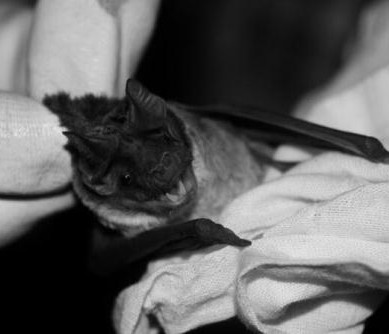
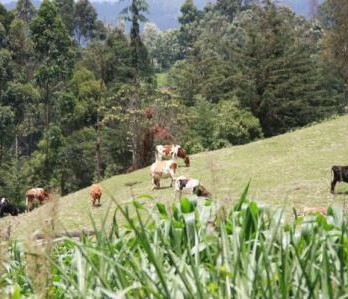
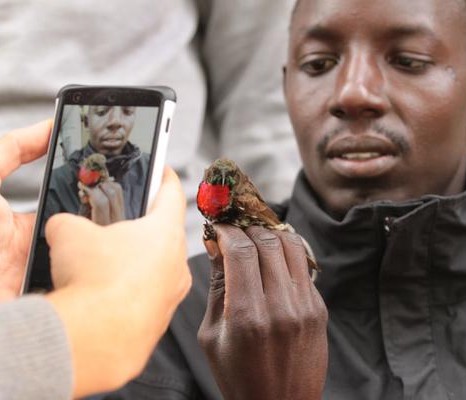

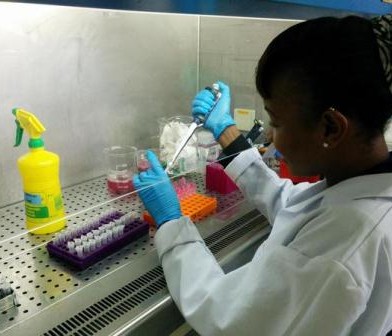
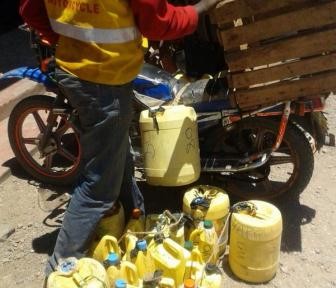

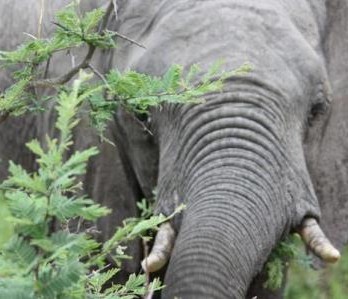
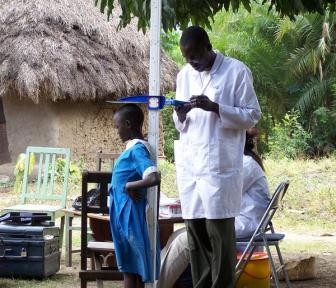
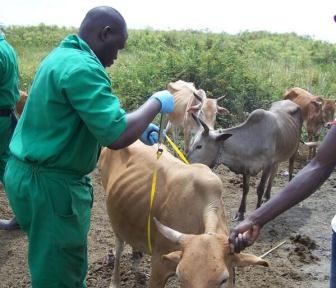
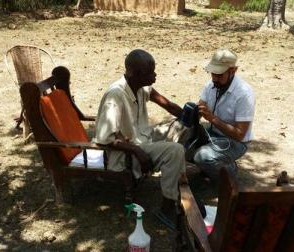
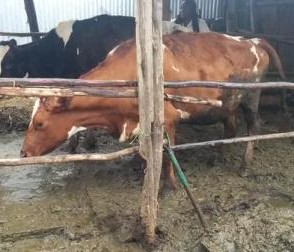
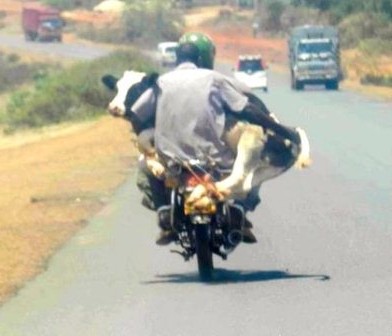
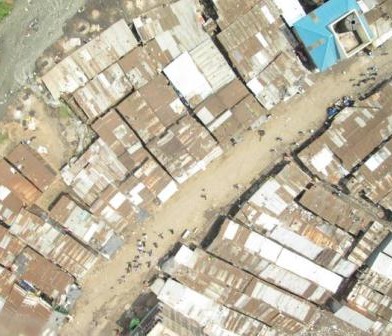
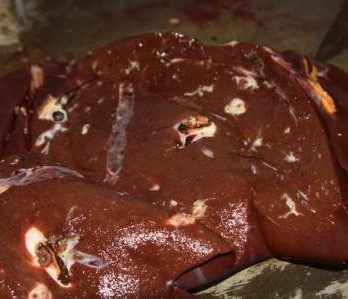
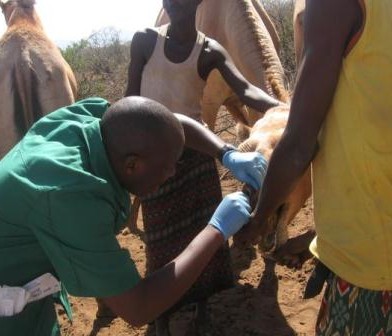

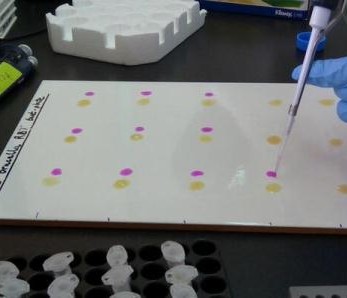
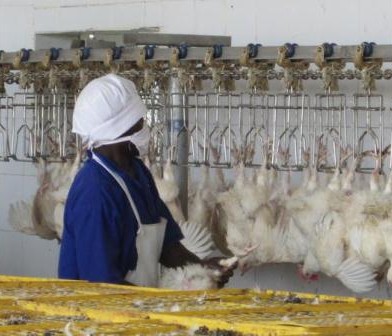
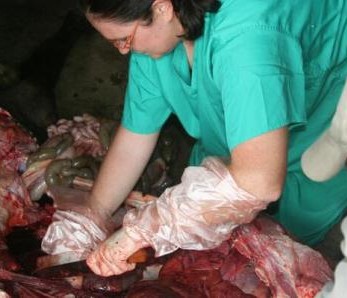
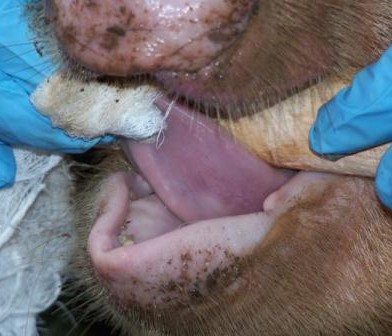
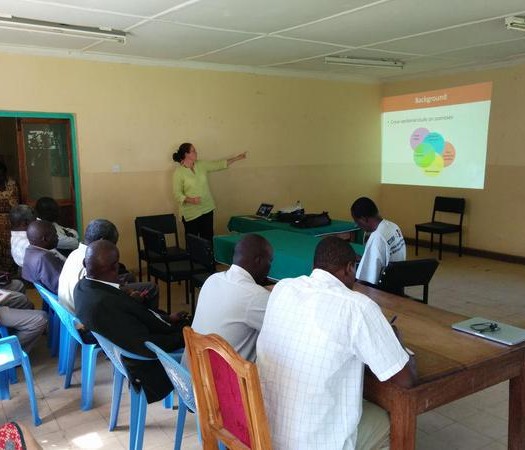
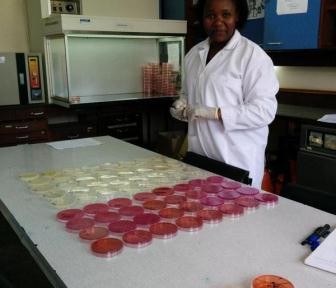
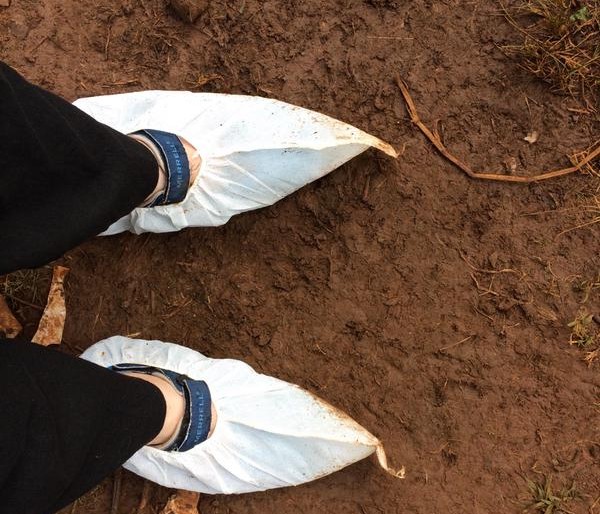
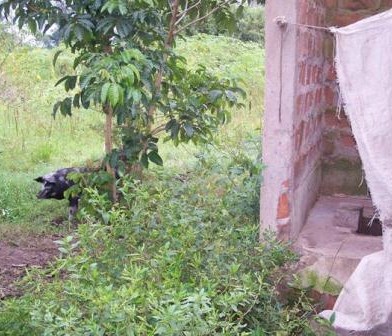
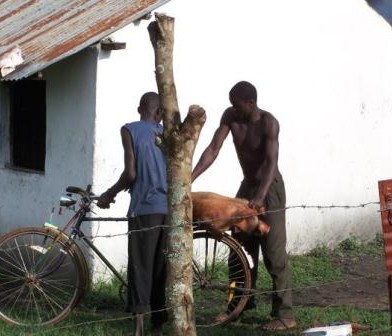
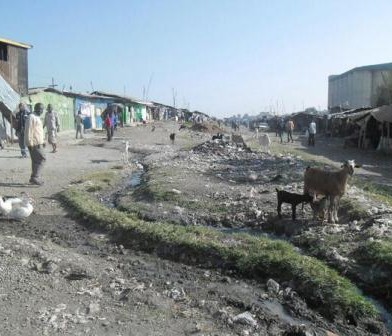
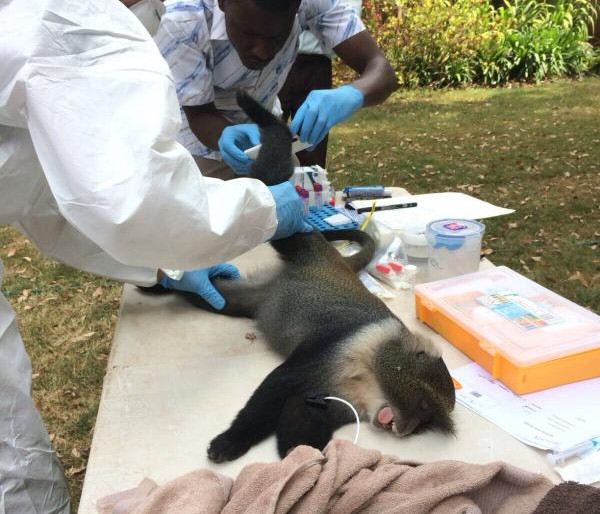
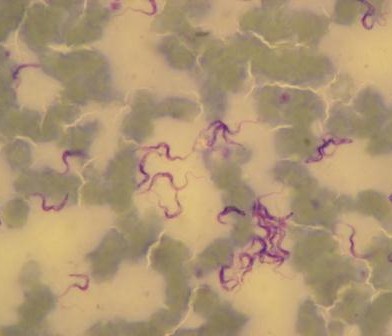

You must be logged in to post a comment.